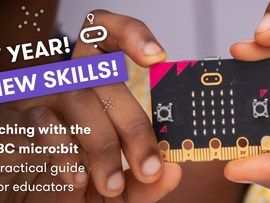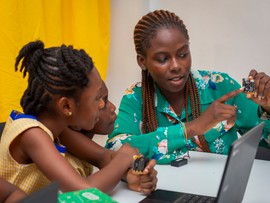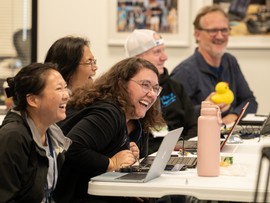micro:bit games to make at home
As more of us adjust to working from and supporting learning at home, whether as teachers, parents or both, we've gathered together some projects that are enjoyable and will help keep young minds busy.
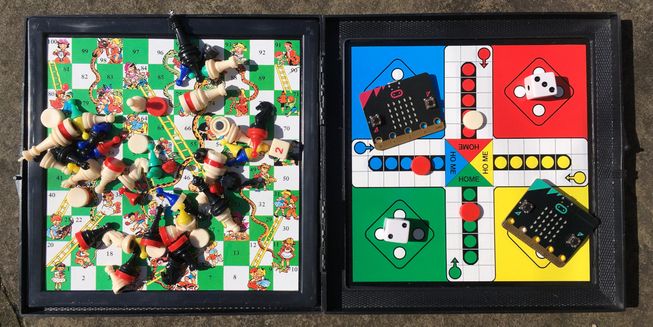
Games of chance
If you've been playing games at home - or making your own - the BBC micro:bit adds another dimension. Learn how code and physical computer systems work together by making these projects that use the micro:bit's motion sensor and random number generator to create games of chance.
Simple projects
These projects are a great place to start - you don't even need a physical micro:bit, you can try them out in the simulator.
Need to shake more than 6? Modify the code! Perhaps your game needs something other than numbers - move North, South, East, West, move forwards or back 3 spaces? Use the Magic 8-ball project as the basis of your program. Or perhaps you could use one of these games to settle an argument!
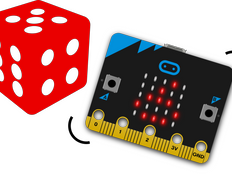
Shake your micro:bit to make random numbers
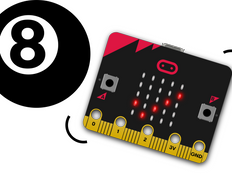
Make a toy to tell your fortune
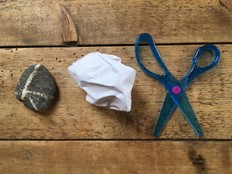
Recreate a classic game with two micro:bits
Hands-on making projects
If you've got a physical micro:bit, explore these projects using Scratch, create a two-player physical reaction game with tin foil and cardboard, or if you've got two micro:bits, discover the world of games that use micro:bit radio communication:

Make your own wireless game controller for Scratch
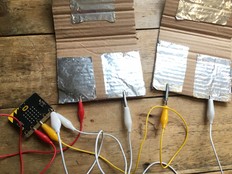
Make a 2-player reaction game
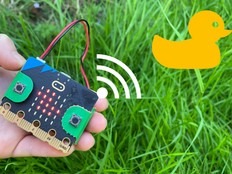
Teleport a duck between micro:bits using radio
micro:bits around the world
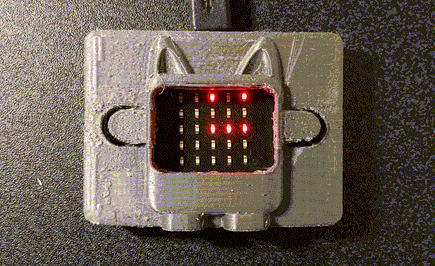
Photo: Tiffany Tseng
Checking out micro:bit creations on social media is always a joy. Here's something that really caught our eye this week. Tiffany Tseng, a visiting researcher at the University of Tokyo, has written a really thoughtful article about how to create characters with emotion using the micro:bit's 5x5 LED display. Even if you can't access a 3D printer, there are some fantastic ideas here for animation projects or creating your own micro:bit Tamagotchi (electronic pet) with real character.
Keep in touch
Please share your creations with us on Facebook and Twitter using the #microbit hashtag, and sign up for our weekly email newsletter.
